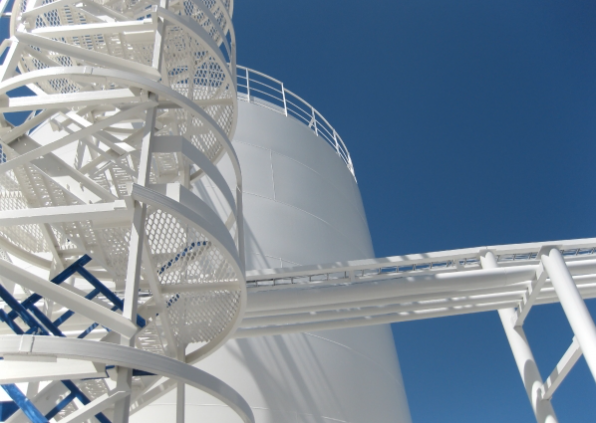Soften the water centrally – why is this not done?
If you have to descale the coffee machine every few weeks, you have probably scolded your water supplier at some point. In other places soft water comes from the tap, but costs the same. That seems unfair, but is allowed. Lime is made up of the minerals calcium and magnesium. From a health point of view, there is no need to remove them – they are very important for the human organism. Thus the water suppliers with hard water deliver healthy water at the same time. The maximum amount of calcium and magnesium that may be contained is not stipulated in the drinking water ordinance. You cannot overdose on the minerals. Nevertheless, many citizens want centralized water softening. Surveys from individual regions show that many would be willing to pay more for the water accordingly.
Central softening is usually not profitable
One hears again and again from individual municipalities who decide to install a central water softener. If you calculate the costs and the environmental impact, such a system usually does not pay off. It is often neglected that it is not just households that use water. Your coffee machine would appreciate softer water, but how does a laboratory, a dentist’s practice or a nursery see it? For many applications, a central softening would be unnecessary, if not wrong.
Various methods are used for central softening. On the one hand, ion exchangers or reverse osmosis technology can be used. Another possibility is to add lime to the water. As a result, the calcium and magnesium bind to it and are no longer rinsed out with the water. All of these possibilities are united by high wastewater consumption. The systems have to be flushed with plenty of drinking water in order to keep going. Of course, you also need a lot of wastewater if you run an ion exchanger or a reverse osmosis system at home. However, central softening causes far greater costs overall, as the water for industry and agriculture is also affected. To soften this, misses the target.
Not only the companies have objections. Many people do not want to drink chemically treated water and know how to counteract limescale naturally. While individual treatment in households is not a problem for hard water, the reverse is not possible.
Two is no better
Sometimes you would have to treat the water twice. For many medical devices, for example, softened water is far from sufficient. That would require an additional procedure, there would be double costs and wastewater volumes. However, the double processing does not bring any advantages.
Many systems for central softening use filter systems. The problem is that most of the contamination can be traced back to the water pipes in the house. Therefore, the results from a water test usually do not agree with the analysis values of the waterworks. A central filtering is no guarantee of the best drinking water quality in your water glass. You may pay extra for water treatment, but you may not benefit from it at all. The only remedy in such a case is to replace the water pipes or an additional treatment system in your own home.



